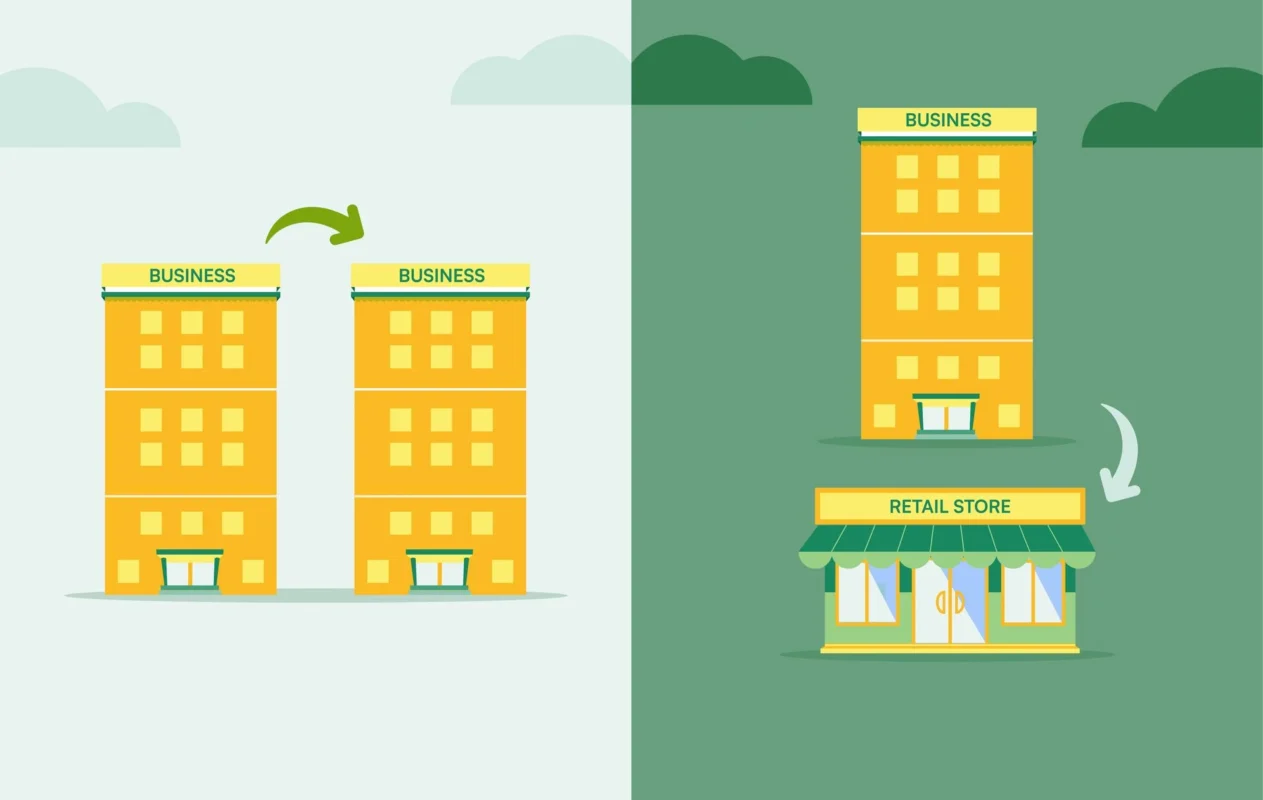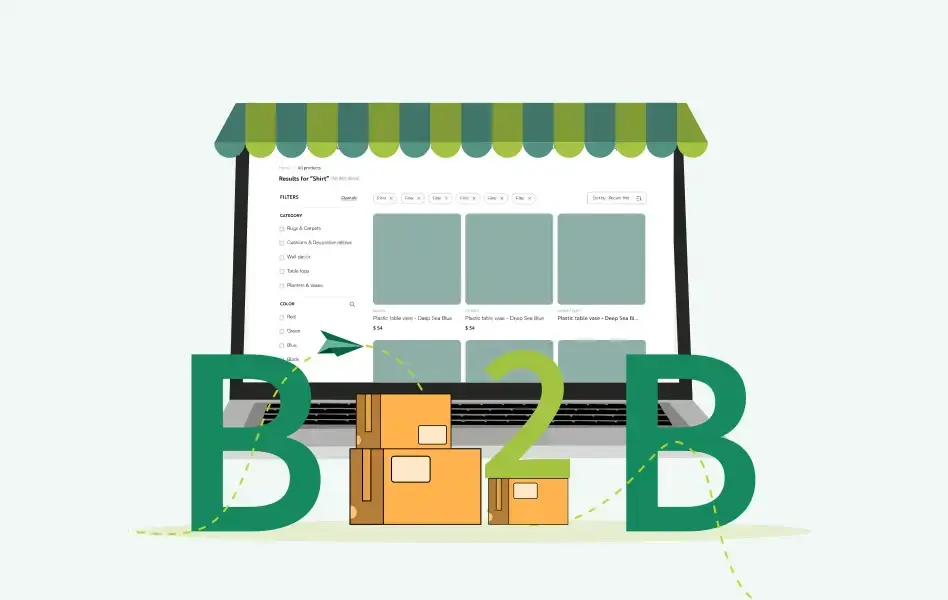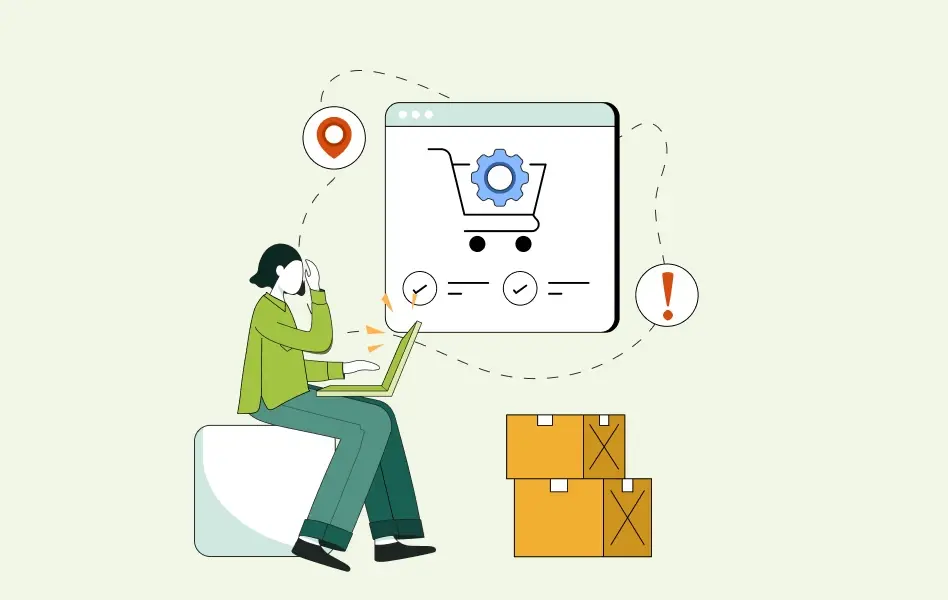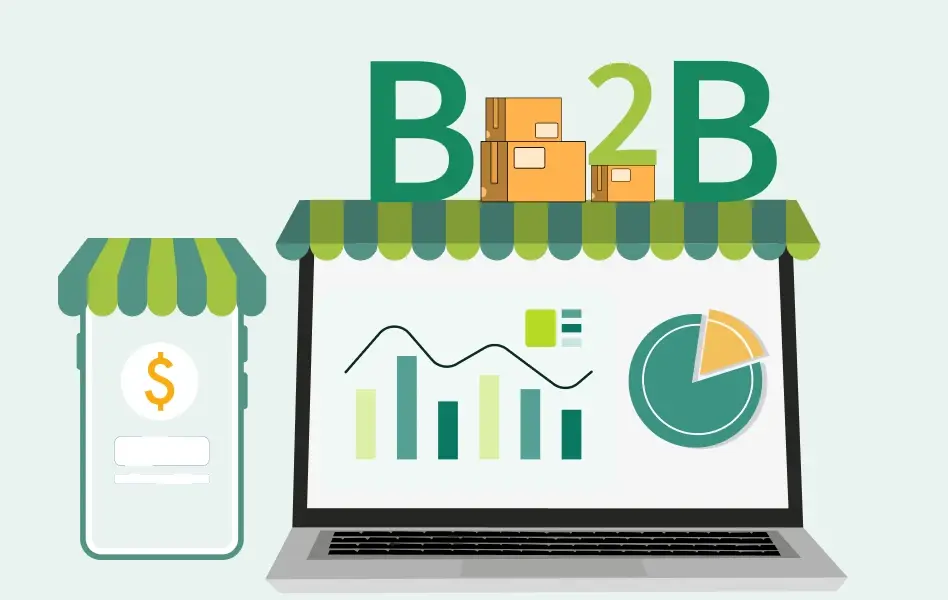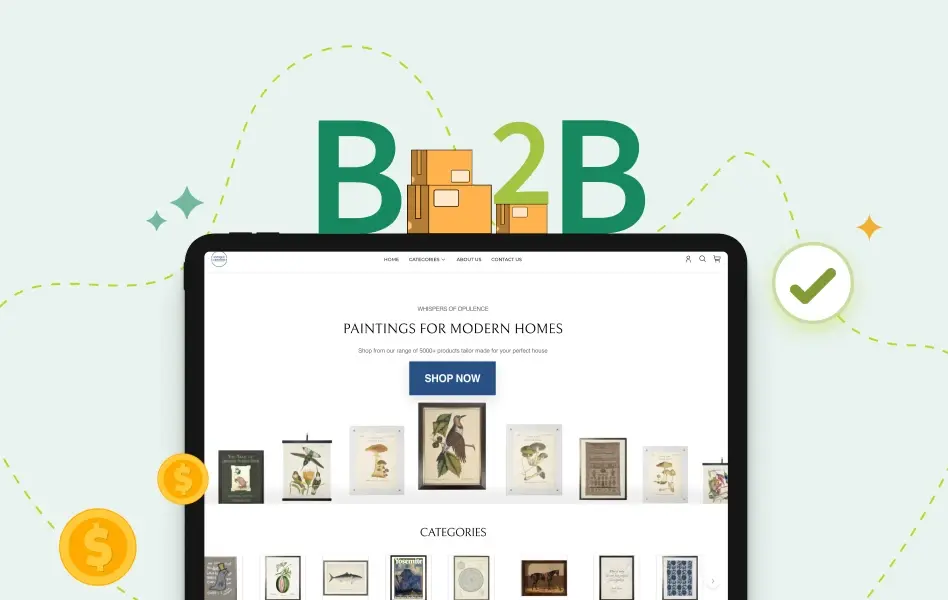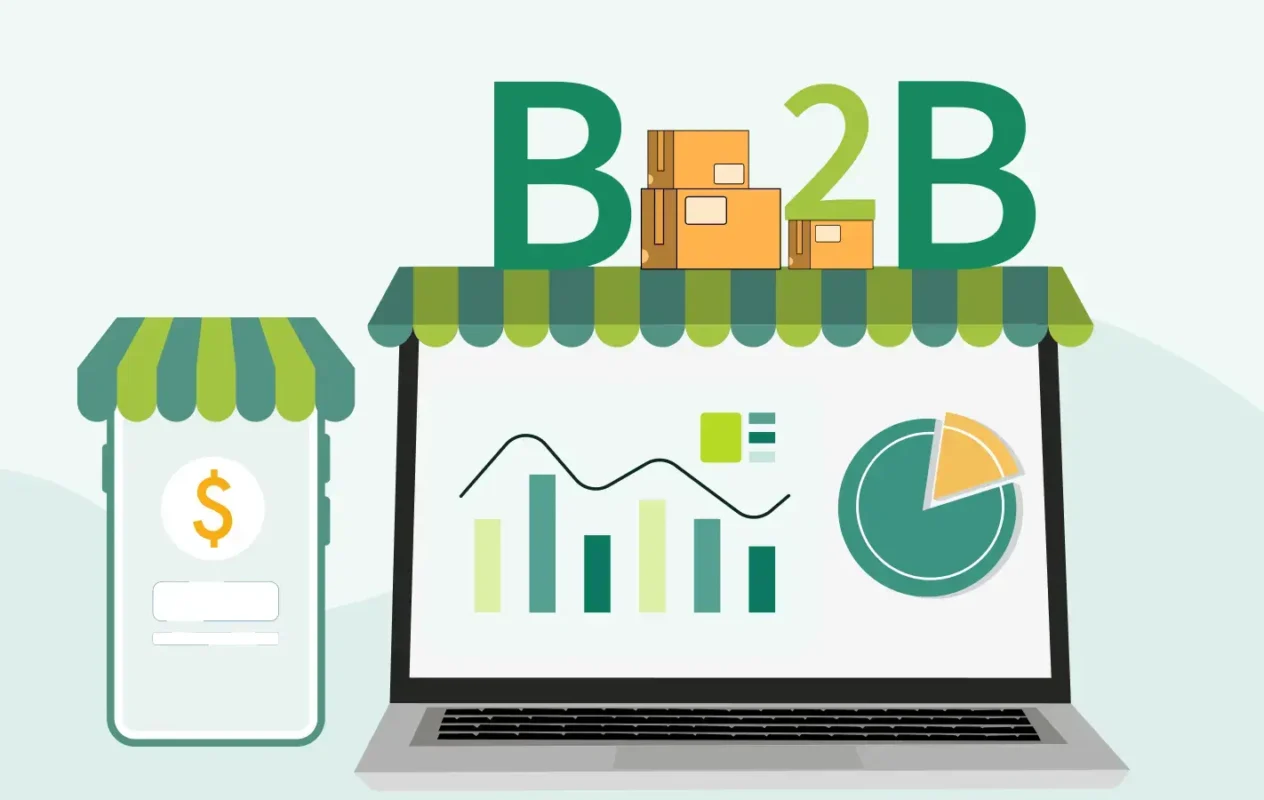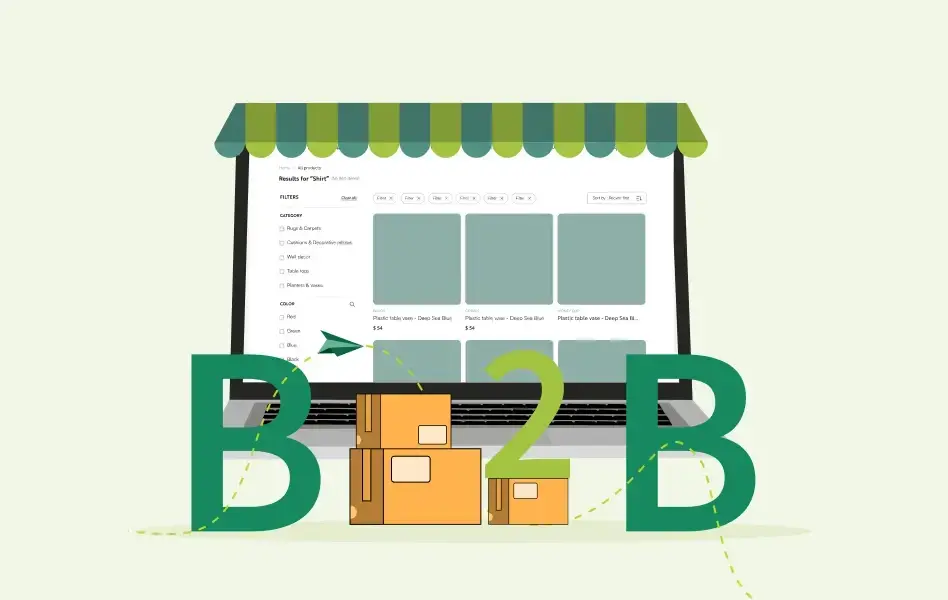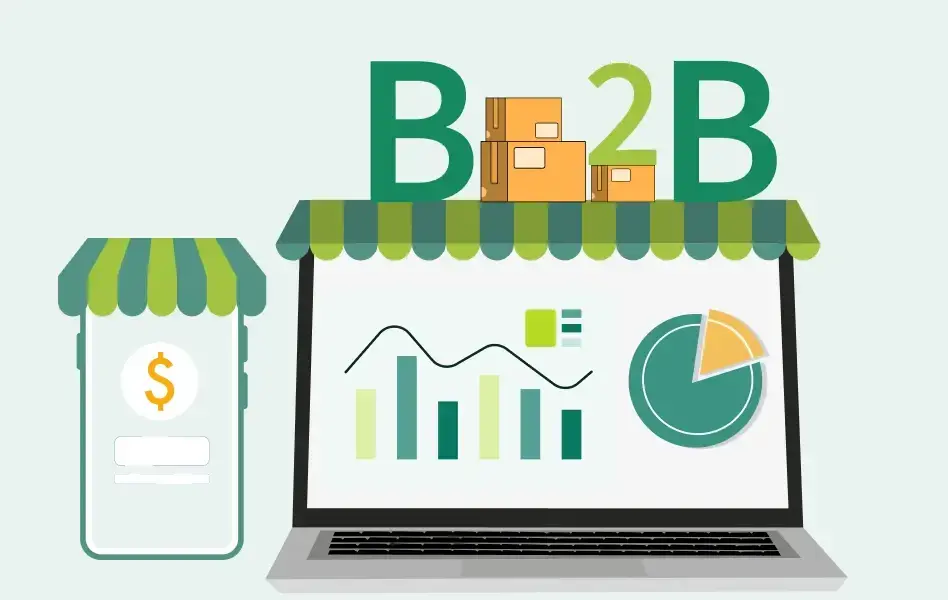Contents
Introduction
The retail landscape has undergone a massive transformation over the past few years, and businesses are grappling with how to provide the best shopping experience for their customers. Two approaches that have gained popularity in recent years are multichannel and omnichannel retail. While multichannel retail involves selling products through multiple channels, such as physical stores, websites, and mobile apps, omnichannel retail is an approach that integrates all channels into a seamless shopping experience. In this blog post, we’ll explore some of the advantages of omnichannel retail over multichannel retail.
Consistent Customer Experience
One of the primary advantages of omnichannel retail is the consistent customer experience it provides. Customers expect a seamless shopping experience, and an omnichannel approach ensures that customers have a consistent experience across all channels. Whether they are shopping online, in-store, or on a mobile app, customers can expect the same level of service, inventory, and pricing.
In contrast, a multichannel approach may provide different experiences and pricing across different channels, which can create confusion and frustration for customers. By providing a consistent experience, businesses can build trust and loyalty with their customers.
Increased Sales
Omnichannel retail has been shown to increase sales. Customers who shop through multiple channels tend to spend more than those who shop through a single channel. According to a study by IDC, omnichannel shoppers have a 30% higher lifetime value than those who shop through a single channel.
An omnichannel approach also provides businesses with more opportunities to engage with customers and offer personalized recommendations. For example, if a customer browses a product online but does not purchase it, a business can send targeted marketing messages to that customer via email, social media, or even in-store. This approach can help businesses to increase sales and build long-term relationships with their customers.
Better Data Collection
Omnichannel retail also enables businesses to collect more data about their customers. By integrating all channels, businesses can track customer behavior and preferences across all touchpoints. This data can be used to inform marketing and sales strategies, improve inventory management, and provide personalized recommendations to customers.
In contrast, a multichannel approach may make it more difficult to collect data about customer behavior, as each channel operates independently. This can result in missed opportunities to engage with customers and provide personalized recommendations.
Improved Inventory Management
Omnichannel retail can also help businesses to manage their inventory more effectively. By integrating all channels, businesses can track inventory levels across all touchpoints and ensure that products are available to customers regardless of which channel they use to make a purchase. This can help to reduce the risk of out-of-stock situations, which can lead to lost sales and frustrated customers.
In contrast, a multichannel approach may result in inventory discrepancies across different channels, which can create confusion and frustration for customers.
Conclusion
While multichannel retail has its advantages, omnichannel retail provides a more consistent customer experience, can increase sales, enables better data collection, and improves inventory management. As customers continue to expect a seamless shopping experience across all channels, businesses that adopt an omnichannel approach will be better positioned to meet these expectations and build long-term relationships with their customers.








